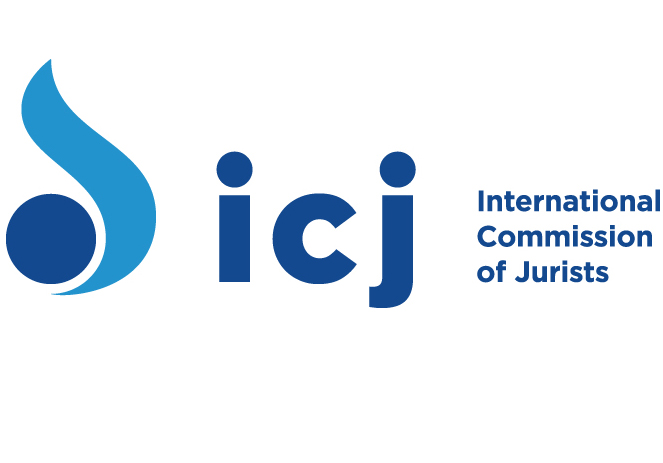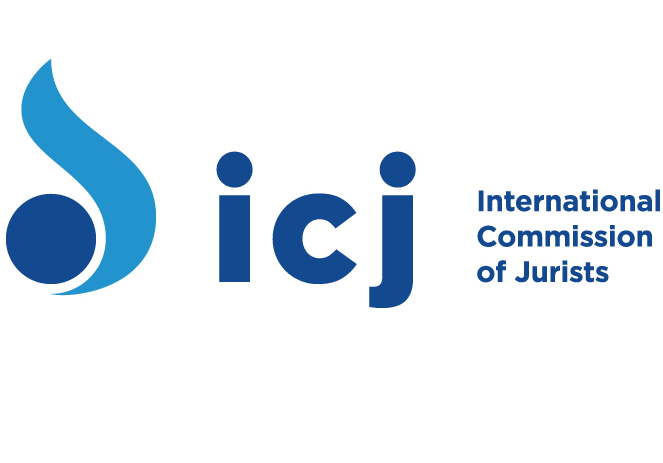
Lawyers’ dialogue on business involvement in human rights violation and victims’ access to justice in the Democratic Republic of Congo
The scale of human rights violations committed by the armed forces, police and rebel groups in the Democratic Republic of Congo has meant that little attention has been directed to other failings of the justice sector, including the inadequate regulation of companies and the lack of effective remedies for victims of corporate abuse of human rights. Several studies and reports on human rights violations in the DRC have established the extent of corporate involvement or complicity and the State failure to protect people against violations by business corporations. It is necessary to mobilize and strengthen the capacity of legal professionals to use the law to ensure greater accountability by business for their numerous violations and that victims of such violations be afforded effective redress
The International Commission of Jurists (ICJ) in conjunction with Open Society Initiative for Southern Africa, the African Association for the Defense of Human Rights and the SADC Lawyers Association will, at the sidelines of the Annual General Meeting of the SADC Lawyers Association,hold on 22nd August 2010 a Lawyers’ Dialogue on “Business Involvement in Human Rights Violations and Victims’ Access to Justice in the Democratic Republic of Congo”.
The Dialogue is intended to bring together experts from the DRC and SADC legal fraternity in a one-day activity to reflect on how human rights law can creatively and effectively be used to bring business entities and players to respect human rights standards and to account for their involvement or complicity in violation thereof. In exploring this key question, the following subsidiary questions shall be answered:
- What is the current status of DRC laws regarding business activities in the country?
- How can business entities and actors be held accountable under international and DRC laws?
- How could international criminal law and regional as well as sub-regional legal frameworks be used to punish and prevent corporate involvement in international crimes in the DRC?
- How effective is the domestic civil liability regime in respect of business involvement in gross human rights abuses?
What are the obstacles facing access to justice for victims of business gross human rights abuse in the DRC, and how can they be overcome?
DRC-dialogue violation justice-agenda-2010 (full text in English, PDF)
DRC-dialogue violation justice-agenda-2010 (full text in French, PDF)








